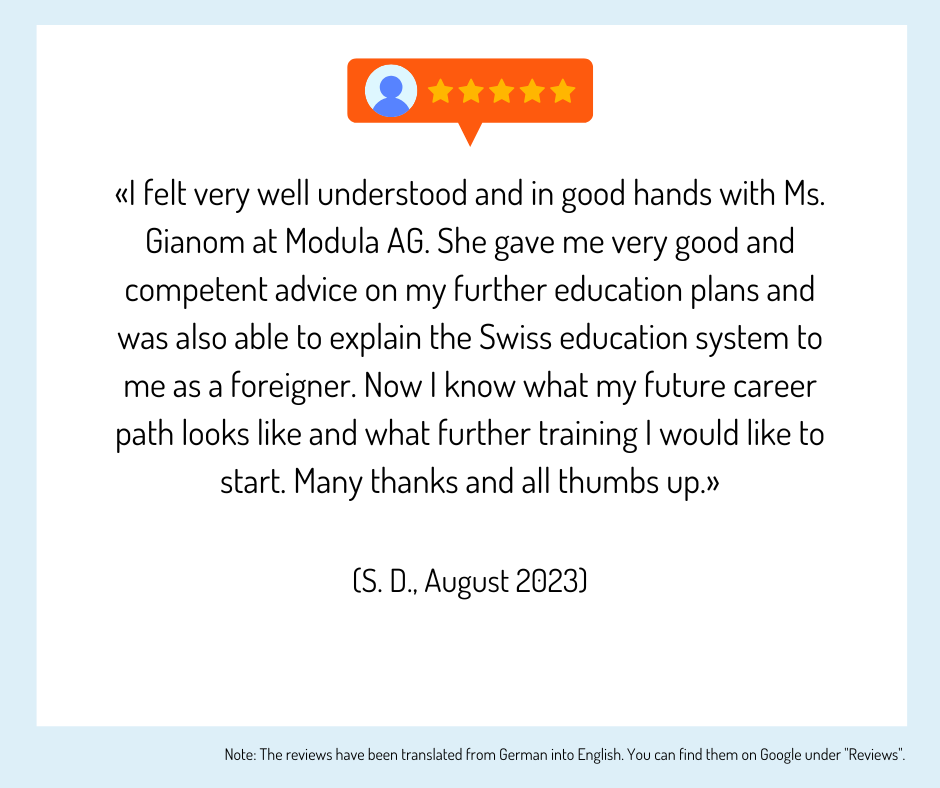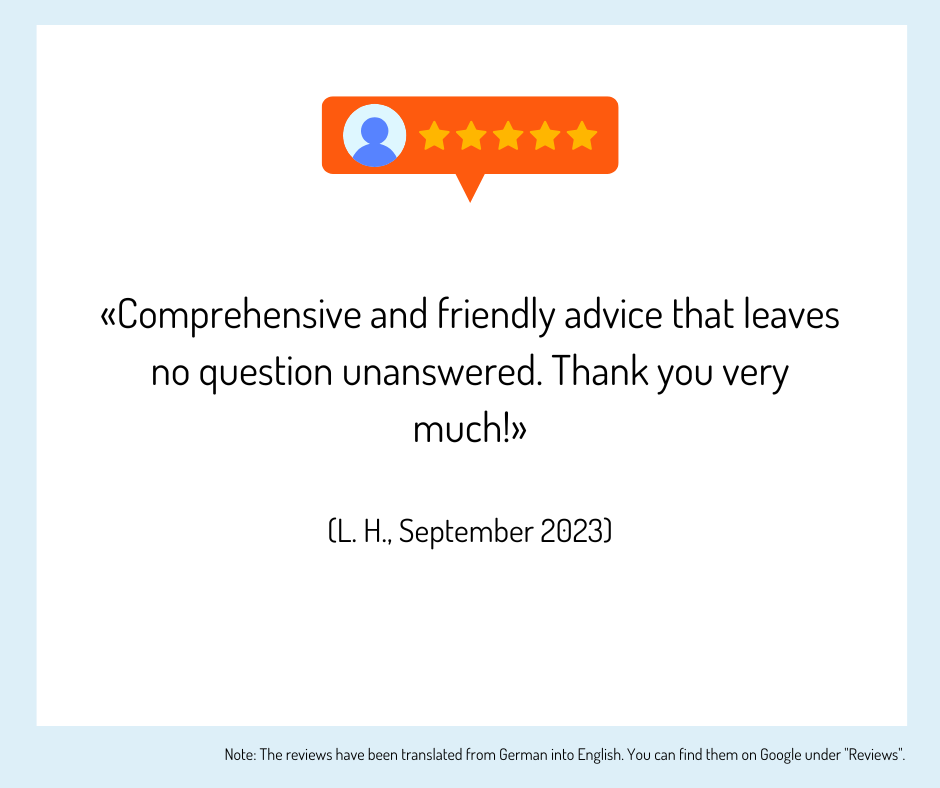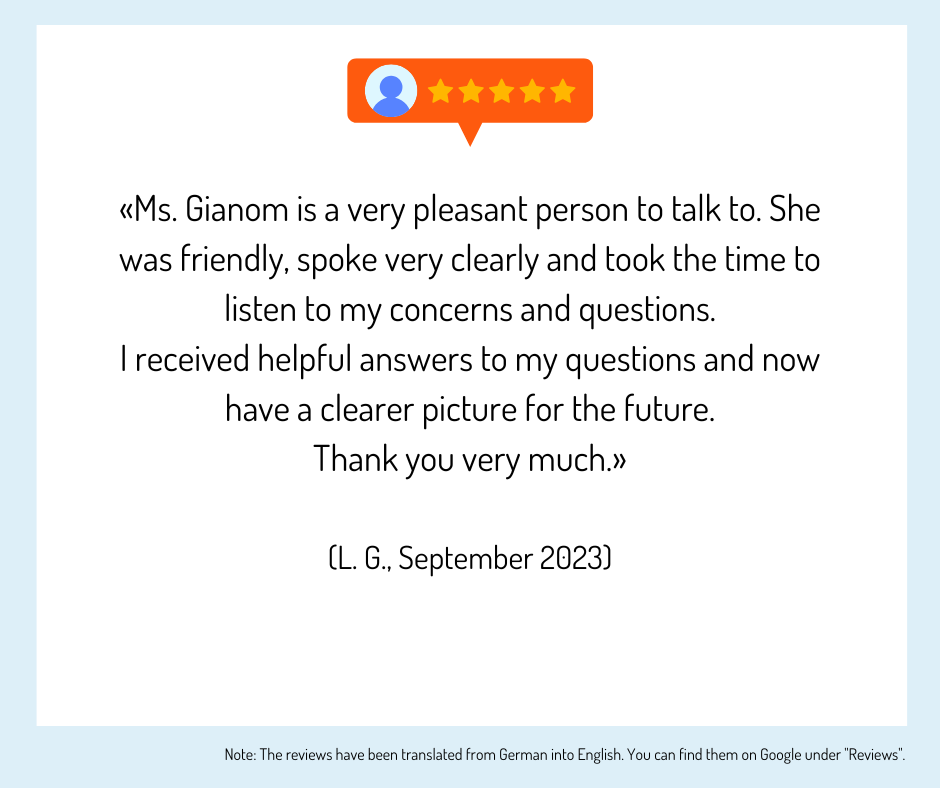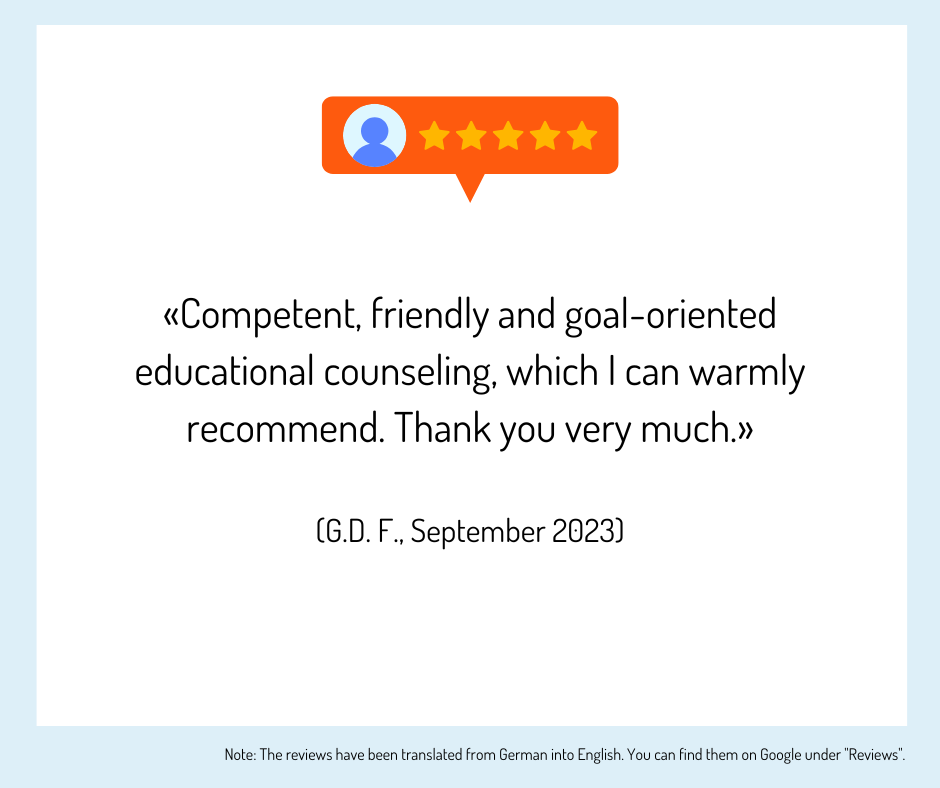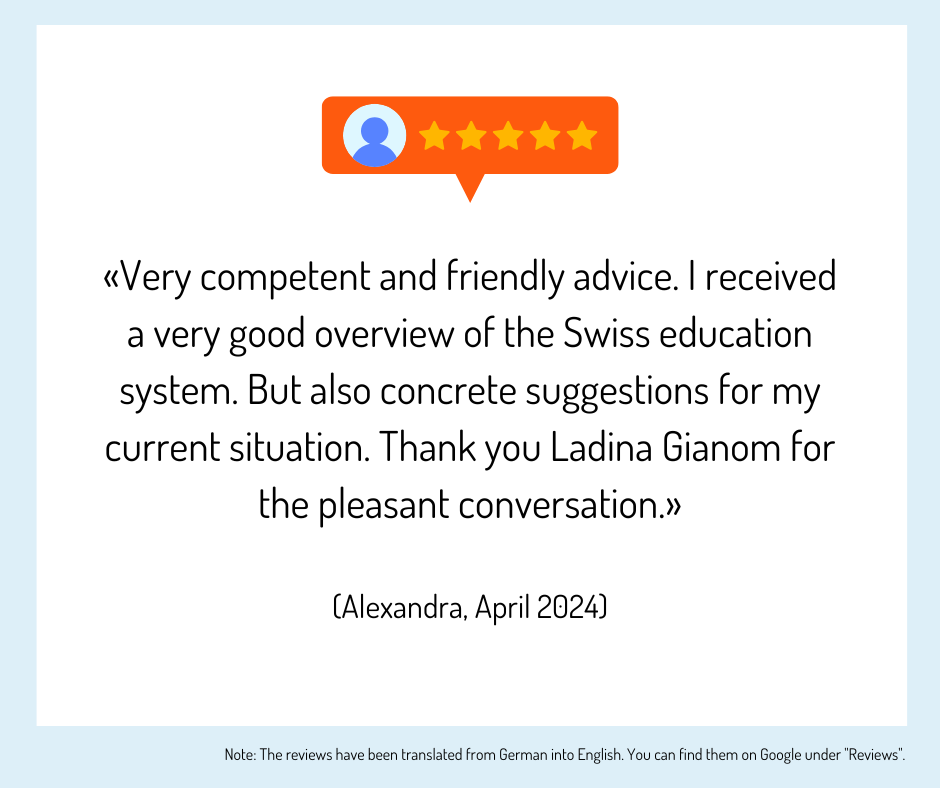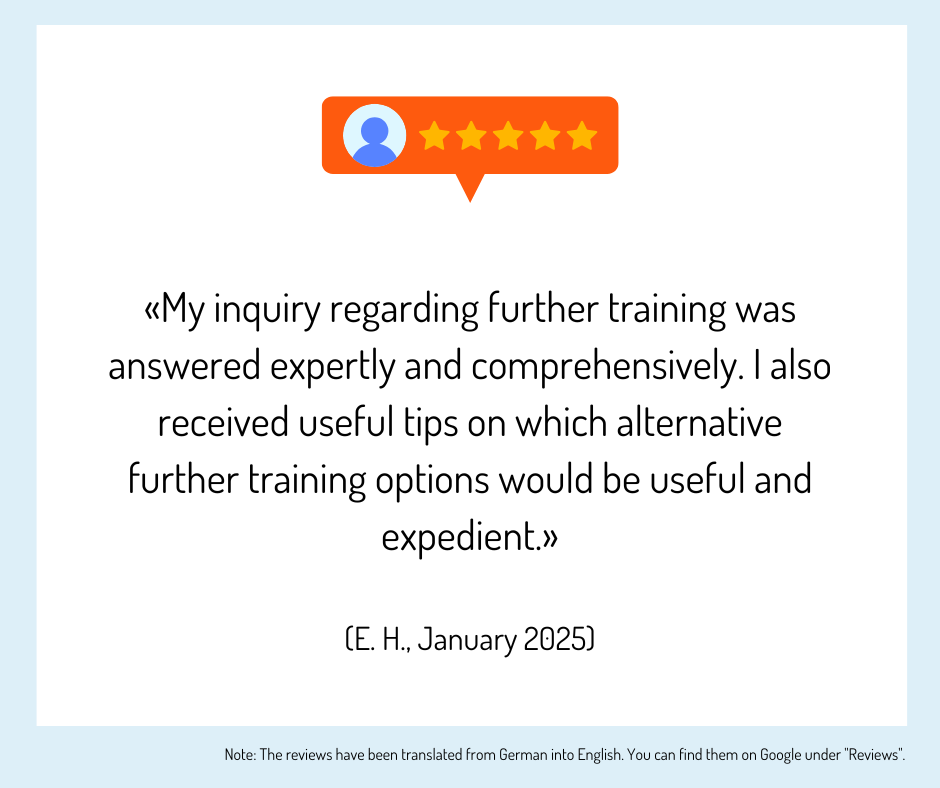Psychomotor skills: training, further education, courses, schools and offers in your area
Help for children with psychomotor weaknesses - thanks to psychomotor training
Questions and answers
What does the psychomotor training course teach?
During their psychomotor training, students take part in a large number of modules and four practical courses. These modules cover topics such as: Body and biography work, curative education and profession; sport, play and movement, research and development; human development in the life span; developmental abnormalities; medical basics; counseling; learning and therapy; Diagnostic basics, motor development, perceptual development, socio-emotional development, integrative and preventive psychomotor services, developmental psychopathology; therapy planning and casuistry; therapy in special education; ethics; educational and social science, sociology, interventions, concepts, graphomotor skills, motor techniques, therapeutic play and others.
Are internships also completed during psychomotor training?
Four internships must be completed during the psychomotor training in order to acquire and consolidate therapeutic and professional skills. The first placement introduces students to the everyday life of a psychomotor therapist and familiarizes them with their own activities. In the second placement, students get to know the kindergarten, crèche and first grade settings and their learning objectives, can test different forms of cooperation and carry out psychomotor activities. In the third internship, Therapy Internship 1, students can apply and further develop their experience and knowledge from the last two internships and, in the fourth internship, Therapy Internship 2, expand it to such an extent that they can work independently as a psychomotor therapist at the end.
Is the psychomotor training part-time?
You can study psychomotor skills full-time or part-time. Full-time studies take around six semesters, while part-time studies can take up to ten semesters. Part-time students are permitted to work 30 to 40 percent of the time. The course director will be happy to advise you in detail on this topic and support you in planning your studies in psychomotor therapy.
Do I have to pass an entrance exam to study psychomotor therapy?
In order to be admitted to the psychomotor skills course, prospective students must pass an entrance examination, which takes about half a day and serves as an aptitude test. The exam does not require any previous knowledge and consists of the "Movement and Interaction" part of the exam, a letter of motivation and an individual interview. Candidates will incur costs for the entrance examination.
What qualification do graduates of the psychomotor skills course receive?
Graduates of the Psychomotor Therapy course receive a Bachelor of Arts degree in Psychomotor Therapy from the University of Applied Sciences for Special Education.
Who is the target group for psychomotor skills training?
Candidates for a Bachelor's degree in psychomotor skills should enjoy movement and be interested in the development of children, be social and communicative, a team player, flexible, able to deal with conflict and ready for in-depth self-reflection. Educational requirements include a teaching diploma for kindergarten, elementary school or lower secondary school or a Baccalaureate or UAS degree. Persons with other qualifications should contact the head of studies directly via our contact form to find out about the relevant admission options.
Erfahrungen, Bewertungen und Meinungen zur Ausbildung / Weiterbildung
Haven't found the right training or further education yet? Benefit from educational advice now!
Further training is not only important in order to maintain or increase professional attractiveness, investing in training or further training is still the most efficient way to increase the chances of a pay rise.
The Swiss education system offers a wide range of individual training and further education opportunities - depending on your personal level of education, professional experience and educational goals.
Choosing the right educational offer is not easy for many prospective students.
Which training and further education is the right one for my path?
Our education advisory team will guide you through the "education jungle", providing specific input and relevant background information to help you choose the right offer.
Your advantages:
You will receive
- Suggestions for suitable courses, seminars or training programs based on the information you provide in the questionnaire
- An overview of the different levels and types of education
- Information about the Swiss education system
We offer our educational counseling in the following languages on request: French, Italian, English
Register now and concretize your training plans.
